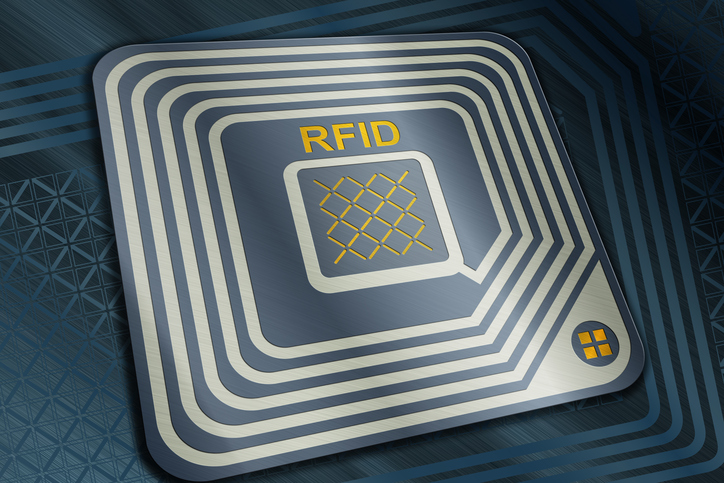Manufacturing is trending more and more towards automation with obvious benefits such as streamlined production lines, succinct product tracking and robust data collection to analyze logistics and production flow. One big push in automation is the use of RFID (radio frequency identification) to track products throughout the product lifecycle without the need for scanning barcodes. If you’re considering incorporating RFID technology into your company’s manufacturing processes, there are some pros and cons to consider.
Pros of RFID in Manufacturing
The most prominent advantage of using RFID technology in manufacturing is the lack of need for a clear line of sight to scan a product, thus speeding up the production process. More specifically, however, RFID technology as several benefits.
• You can reduce the number of scans needed to count, pack and ship orders, which saves time and money in labor costs. It also reduces the chance of a missed scan.
• Product tracking is concise and responsive, eliminating human error. If a product is accidentally moved or shipped with the wrong order, RFID sensors will be able to track it and help you identify the mistake.
• RFID tags are much more durable than traditional barcodes, meaning there’s no risk of weather conditions, chemicals or scuffs and scratches affecting the tag’s ability to be scanned.
• All data is tracked immediately. From the smallest package to the largest vehicle, RFID tags can track their whereabouts so you can make on-the-fly adjustments to your workflow, instead of waiting for your traditional database to update.
Cons of RFID in Manufacturing
While advocates sing RFID’s praises for streamlined data and tracking, those who oppose its use regularly point to its vulnerability to software attacks. There are other, more specific, concerns about RFID technology.
• It’s susceptible to software viruses and security breaches, as most chips don’t feature security measures in them.This has caused concern about the potential for financial and personal information being stolen.
• Upstart costs are high for RFID technology, with no centralized infrastructure or systems in place. You may have a perfectly streamlined RFID system for your business, but it could be entirely different from the system used by a partnering company.
• Partners may not use the technology, leading to a tracking disconnect. If they rely on barcodes to track shipments, you could end up wasting time and resources accommodating both technologies.
• A permanently damaged tag can’t be tracked, which could lead to miscalculated or lost shipments if a backup scanning option isn’t in place.
• The ability of some RFID tags to be read can be affected by proximity to some metals or liquids, which can lead to missed shipment information.
In an age of automation and deep data tracking, it’s becoming increasingly important for businesses to explore all technology options available for production and logistics. Whether RFID tag technology is a good fit for your business depends on your production environment, the security of your transportation routes, the use of RFID by partner companies and much more. What do you think of RFID in manufacturing? Does your business plan to use it? Let us know in the comments below.
